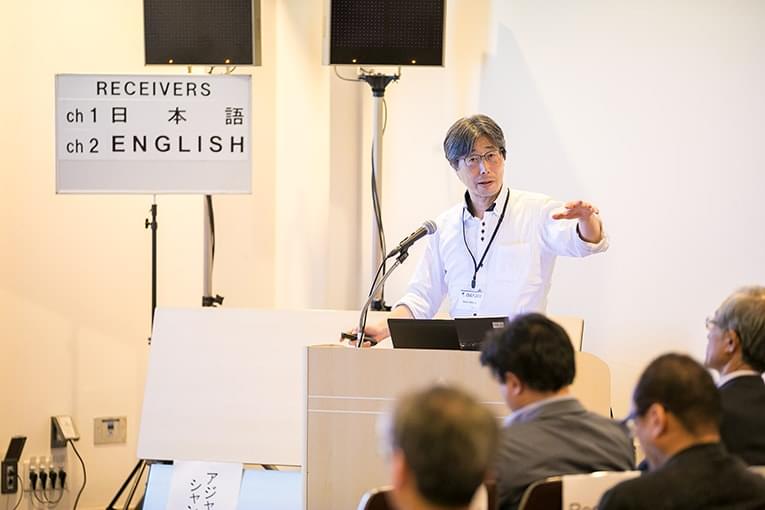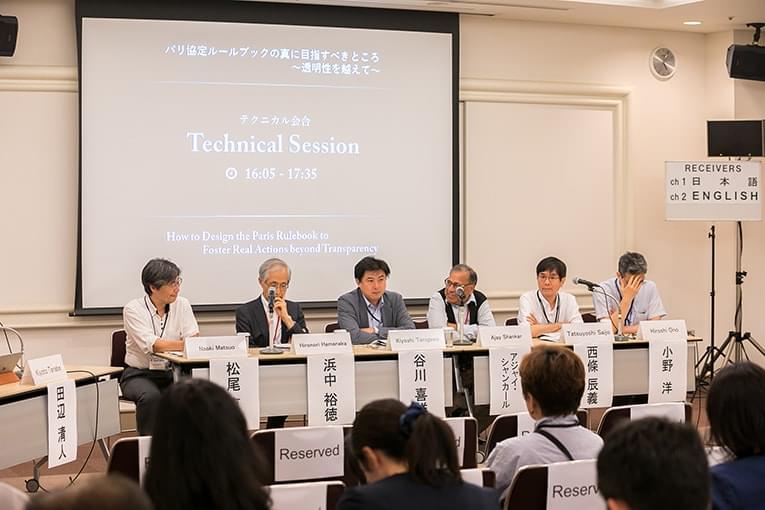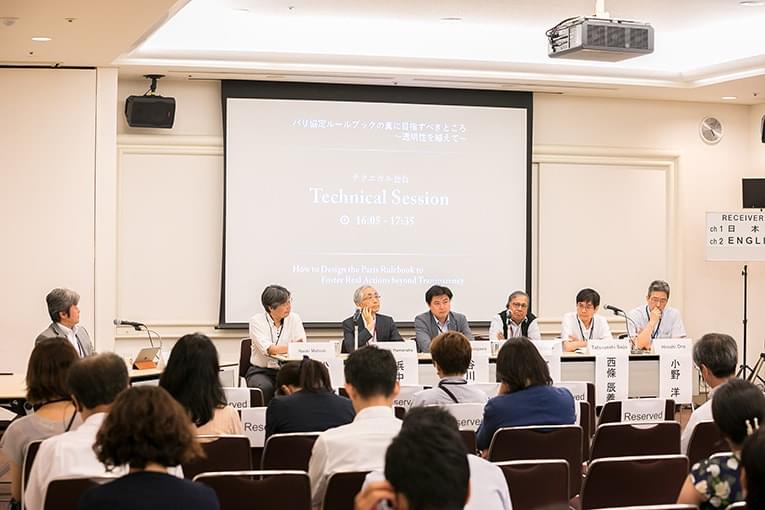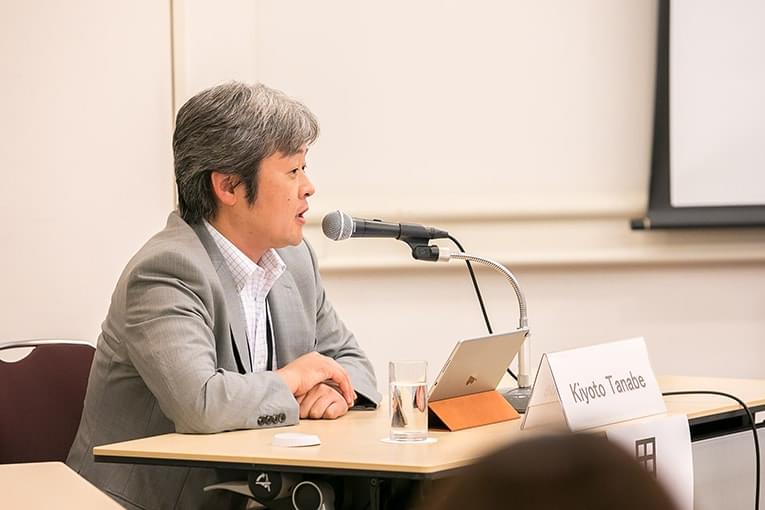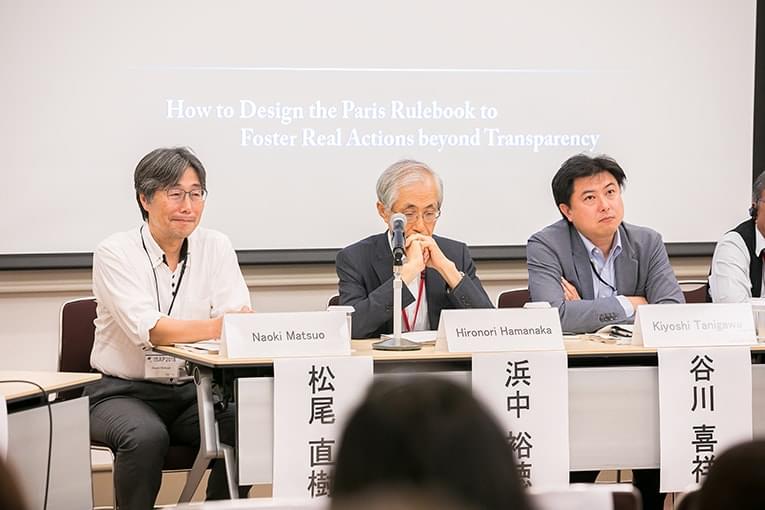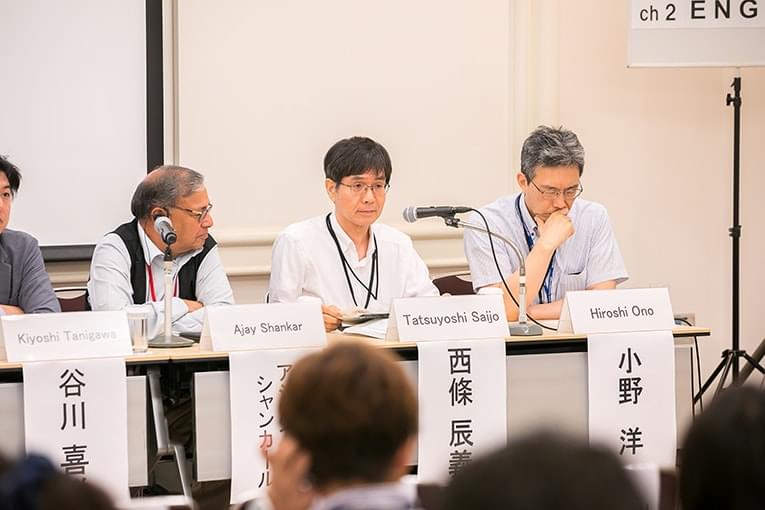“God is in the details”, it is often said. This session will feature discussion between several experts on what kind of detailed rules are needed to avoid a situation where countries’ climate ambitions (i.e., NDCs) exceed their ability to deliver concrete actions.
Using a strategic IGES research proposal as its basis, this session will focus on problem setting; that is, how rules should be designed to effectively monitor progress drive tangible emissions reductions, beyond simple “transparency”, and in so doing addressing gaps in the current pledge-and-review approach. The session will also highlight lessons learned from Japan’s experiences, especially with regard to the approaches such as voluntary target setting, planning and implementation led by Japan’s business federation (Keidanren) and the energy management system established by the national Energy Conservation Law. A set of international rules will be proposed aimed at ensuring that the country’s 2-year (Transparency Framework) and 5-year (NDC) national reporting cycle system contribute to building capacity and support delivery of the SDGs .
Principal Policy Researcher, IGES / CEO, PEAR Carbon Offset Initiative, Ltd.
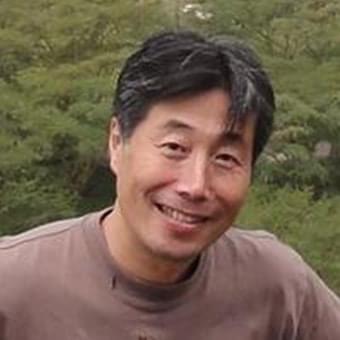
Naoki Matsuo
Principal Policy Researcher, IGES / CEO, PEAR Carbon Offset Initiative, Ltd.
Naoki Matsuo received his Ph.D. from Osaka University’s Post Graduate School of Science. He has been affiliated with IGES since 1998, at which time, just following adoption of the Kyoto Protocol, he was involved in providing a number of key policy proposals regarding the rule-making of the Kyoto Protocol. This included work supporting IGES’s engagement in the Clean Development Mechanism (CDM) scheme design process resulted to get approval of the first approved CDM methodology. He returned to IGES in 2017, where he currently focuses on examining areas for contributing to the rule making process of the Paris Agreement.
A climate change and energy expert, he has been involved in international negotiations prior to its convening of the first Conference of Parties (COP 1) in 1995 and engaging in the UNFCCC’s review process from the time of its establishment for more than two decade. In addition, he also manages a business working to promote solar home systems for off-grid households in developing countries.
Special Research Advisor, IGES
Chair, ICLEI Japan
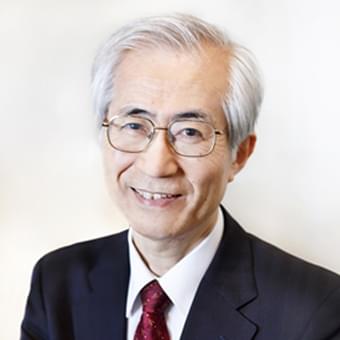
Hironori Hamanaka
Special Research Advisor, IGES / Chair, ICLEI Japan
Hironori Hamanaka is the Special Research Advisor at the Institute for Global Environmental Strategies (IGES). He served as the Chair of IGES Board of Directors from April 2007 to June 2017. He is the Chair of ICLEI Japan since July 2005. He was teaching at Keio University as a Professor from 2004 to 2010, and previously served as the Vice-Minister for Global Environmental Affairs as well as other important positions at the Ministry of the Environment.
While serving with the Government of Japan for more than 35 years, he devoted his administrative career to intergovernmental negotiations in areas including the Kyoto Protocol and its implementing rules, and the development of national policies to implement the Protocol. Based on his professional career, he served as a Co-chair of the Compliance Committee under the Kyoto Protocol and the Chair of its Facilitative Branch from 2006 to 2008. He gained a B.A. in Engineering from the University of Tokyo in 1967.
Manager, Environment & Energy Policy Bureau, Keidanren
(Japan Business Federation)
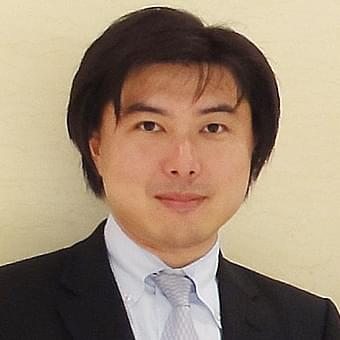
Kiyoshi Tanigawa
Manager, Environment & Energy Policy Bureau, Keidanren (Japan Business Federation)
Kiyoshi Tanigawa has been responsible for climate change and energy policy since 2016 at Keidanren, spearheading the "Commitment to a Low Carbon Society" (a voluntary initiative of the Japanese private sector). Prior to his current post, he was in charge of trade policy, international cooperation policy, industry policy, science-technology-innovation policy, growth strategy, public administration reform, regulatory reform, and earthquake disaster reconstruction.
He holds Masters Degrees from the University of Tokyo, Columbia University, London School of Economics and Political Science (LSE), and a B.A. in Economics from the University of Tokyo.
Distinguished Fellow, The Energy and Resources Institute (TERI)
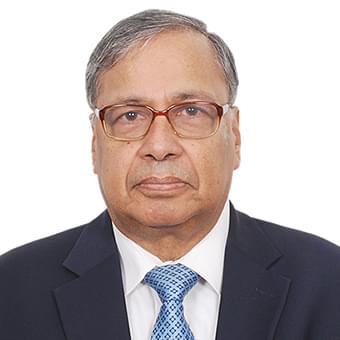
Ajay Shankar
Distinguished Fellow, The Energy and Resources Institute (TERI)
Director, Research Institute for Future Design, Kochi University of Technology / Program Director, Research Institute for Humanity and Nature (RIHN)
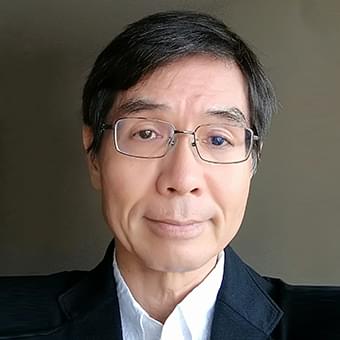
Tatsuyoshi Saijo
Director, Research Institute for Future Design, Kochi University of Technology / Program Director, Research Institute for Humanity and Nature (RIHN)
Tatsuyoshi Saijo is currently Director of Research Institute for Future Design at Kochi University of Technology and Program Director of Research Institute for Humanity and Nature after teaching at University of California, Osaka University, Hitotsubashi University and so on.
His research fields are public economics and experimental economics. His current interest is a new emerging field called “Future Design”. We say that an individual exhibits futurability when (s)he experiences an increase in happiness as a result of deciding and acting to forego current benefits as long as it enriches future generations. Parents can reduce their own foods and make them happy by giving the parts to their children. The fundamental question is whether we can extend this concept to future generations without being related to blood.
Deputy Director-General, Global Environment Bureau, Ministry of the Environment, Japan (MOEJ)
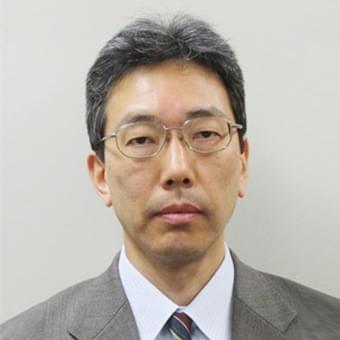
Hiroshi Ono
Deputy Director-General, Global Environment Bureau, Ministry of the Environment, Japan (MOEJ)
Hiroshi Ono was born in Okayama Prefecture in 1963. He was employed by then Environment Agency (current Ministry of the Environment) in 1987 and worked on various environmental issues including water quality management, air quality management, waste management and recycling, international environmental cooperation, global environmental research, environmental impact assessment, and site remediation from radioactive contamination.
Since September 2017, he has been working on global environmental issues including, among others, UNFCCC climate negotiations, G7/G20 environmental issues, bilateral environmental cooperation mainly with Asia-Pacific countries in his current position.
Co-Chair, IPCC Task Force on National Greenhouse Gas Inventories (TFI) / Principal Researcher, IGES
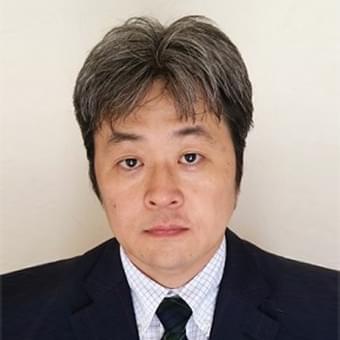
Kiyoto Tanabe
Co-Chair, IPCC Task Force on National Greenhouse Gas Inventories (TFI) / Principal Researcher, IGES
Kiyoto Tanabe majored in meteorology at the Graduate School of the University of Tokyo and received his MSc degree (geophysics) in 1993. His Master’s thesis focused on an estimation of CO2 uptake by ocean basins through an application of a two-layer upwelling-diffusion model. Mr. Tanabe joined the Technical Support Unit of the IPCC TFI in 1999, serving as Unit Head from April 2013 through October 2015. He has been engaged in various international activities related to climate change research and policy including development of the 2006 IPCC Guidelines for National Greenhouse Gas Inventories, and participation in the UNFCCC Consultative Group of Experts on National Communications from non-Annex I Parties, among others. Mr. Tanabe was elected as a Co-Chair of the IPCC TFI at the IPCC’s 42th Session held in October 2015.
